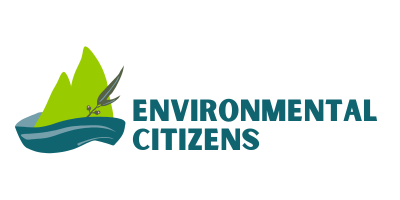Client Organisations
Client organisations include companies that directly or indirectly procure goods and/or services. For example, a supermarket that uses detergents and sanitisers to clean its retail and distribution facilities.
Our recommended model for the improved performance of the chemical industry is already in place across many industries. For example, an outbreak of salmonella poisoning has the potential to cause harm to a retailer’s consumers and directly impacts the brand of the retailer. Major supermarket chains regularly audit their food suppliers for compliance to food safety standards. This auditing process is intended to reduce the risk of a food safety incident and the associated damage to the retailer’s brand.
One major difference is that a safety or environmental incident associated with a chemical company is unlikely to damage the brand of that company’s clients (such as the retailer who uses their products). These incidents usually occur in industrial estates far from the retail outlet and are not linked to the client organisation. That doesn’t mean the incident does not cause damage to the environment, society and individuals.
We believe client organisations owe a duty of care to Australian consumers to ensure the goods and services they procure do not pose an unnecessary risk to the environment, society or individuals.
Set the Expectation
This website describes some of the laws and Standards associated with the storage, manufacture and transport of chemicals.
Client organisations should require the chemical industry suppliers to comply with:
- Australian State and Federal laws
- Australian standards
- Expectations around safety standards for workers and members of the public
Audit to the Expectation
Unfortunately, the inclusion of an expectation for compliance in a contractual document or a questionnaire doesn’t always result in improved performance.
In the chemical industry, compliance to Australian laws and standards requires:
- The installation of infrastructure such as physical spill containment systems to avoid chemicals being stockpiled in driveways that drain to stormwater
- Warehouse space to segregate the different categories of chemicals to avoid chemical reacitions that can result in fumes or fire
- Implementation and compliance to procedures by workers who are trained, and in some situations licensed, to operate in the chemical industry
The above systems and infrastructure and systems come at a financial cost. Unfortunately, sometimes the carrot of a higher profit outweighs the stick of compliance.
Client organisations should swing the pendulum in favour of compliance for the benefit of Australians and the environment.
